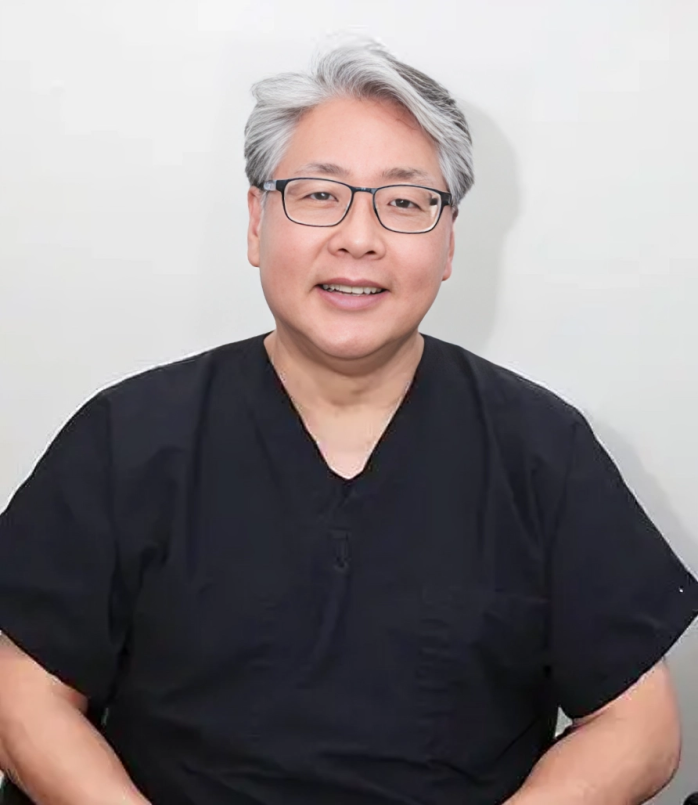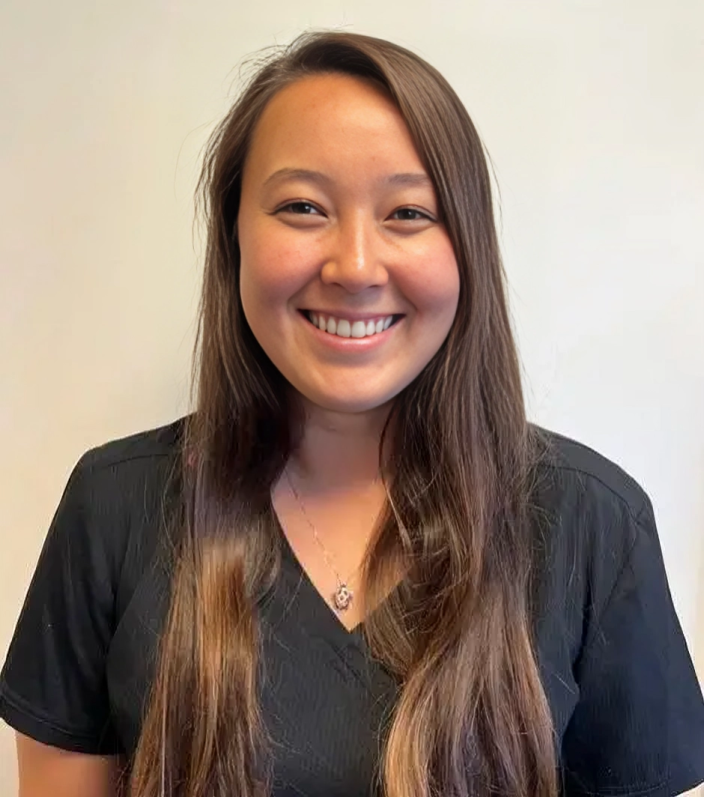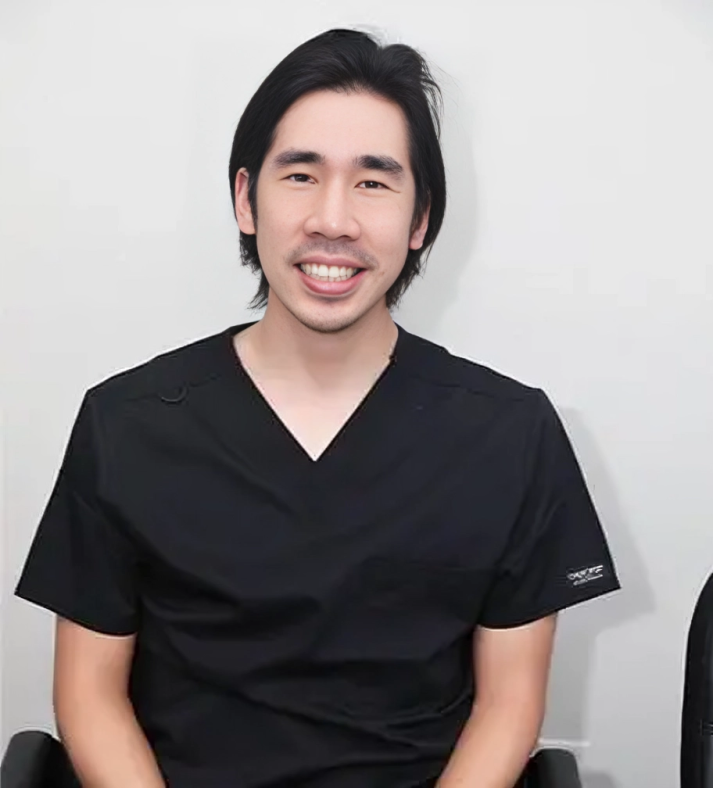Endodontics in Los Angeles CA, is a specialized field within dentistry that focuses on diagnosing, treating, and preventing diseases and conditions affecting the dental pulp and surrounding tissues of the tooth. The dental pulp, located within the pulp chamber and root canals of the tooth, contains nerves, blood vessels, and connective tissue.
Endodontic treatment, commonly known as root canal therapy, becomes necessary when the dental pulp becomes infected or inflamed due to deep decay, traumatic injury, or other factors. The infection can lead to severe pain, abscess formation, and eventual tooth loss without treatment. Endodontic therapy aims to alleviate pain, save the natural tooth, and promote oral health by removing the infected or damaged pulp, cleaning and disinfecting the root canals, and sealing them to prevent reinfection.
This specialized branch of dentistry is crucial in preserving natural teeth and restoring patients' oral health and quality of life.
Common Endodontic Procedures in Los Angeles CA
Root Canal Therapy
Root canal therapy is the most well-known endodontic procedure. It involves removing infected or inflamed pulp from the tooth's root canals. After cleaning and shaping the canals, they are filled with a biocompatible material and sealed to prevent bacterial re-entry. This procedure aims to save the natural tooth and alleviate pain caused by pulp infection or inflammation.
Benefits:
- Alleviates pain caused by infected or inflamed dental pulp.
- Saves the natural tooth from extraction, preserving chewing function and aesthetics.
- Prevents the spread of infection to surrounding teeth and tissues.
- Restores oral health and eliminates the need for more extensive dental procedures.
Endodontic Retreatment
Endodontic retreatment by our dentist in Los Angeles, CA may be necessary if a previously treated tooth develops a new infection or symptoms persist. The existing filling material is removed during retreatment, and the canals are re-cleaned, shaped, and sealed to eliminate any remaining disease. This procedure aims to resolve issues that may have persisted or recurred after initial root canal treatment.
Benefits:
- Addresses persistent or recurrent infection in a previously treated tooth.
- Performed to remove old filling material and re-clean and seal the root canals.
- Saves the tooth from extraction by resolving underlying issues.
- Restores comfort and function to the affected tooth.
Apicoectomy
An apicoectomy is a surgical procedure performed when a persistent infection occurs at the tip of the tooth's root. It is typically recommended when root canal therapy alone cannot resolve the infection. The infected tissue is removed during the procedure, and the root tip (apex) is sealed to prevent further infection. Apicoectomy is often performed in conjunction with root-end resection to achieve optimal outcomes.
Benefits:
- Addresses persistent infection or inflammation at the root tip.
- Performed to remove infected tissue and seal the root tip to prevent reinfection.
- Preserves the tooth and surrounding bone structure.
- Provides a conservative alternative to tooth extraction. Contact us today to learn more!
Vital Pulp Therapy
Vital pulp therapy is performed when the dental pulp is inflamed but still viable. It aims to preserve the pulp's vitality and promote healing. Depending on the extent of inflammation, vital pulp therapy may involve procedures such as pulp capping or pulpotomy. These techniques help protect the pulp from further damage and stimulate reparative dentin formation to strengthen the tooth.
Benefits:
- It preserves the vitality of the dental pulp when it is inflamed but is still viable.
- Encourages healing and repair of the pulp tissue.
- Stimulates the formation of reparative dentin to strengthen the tooth.
- Prevents the need for root canal therapy or extraction in select cases.
Traumatic Dental Injuries Management
Endodontic procedures are also utilized to manage traumatic dental injuries, such as fractured teeth, avulsed teeth, or luxated teeth. Treatment may involve repositioning and splinting displaced teeth, apexogenesis or apexification to encourage root development in immature teeth, and root canal therapy to address pulpal injury or infection resulting from trauma. These interventions aim to preserve the affected teeth and maintain optimal function and aesthetics.
Benefits:
- Addresses traumatic injuries such as fractured, avulsed, or luxated teeth.
- Performed to reposition displaced teeth and stabilize them with splints.
- Encourages continued root development in immature teeth.
- Prevents infection and preserves affected teeth for long-term function and aesthetics.
The Benefits of Endodontic Treatment
Preservation of Natural Teeth
Endodontic treatment aims to save teeth that would otherwise need to be extracted due to infection, inflammation, or trauma. By removing infected or damaged dental pulp, cleaning and sealing the root canals, and restoring the teeth using dental crowns, endodontic therapy allows patients to retain their natural teeth, maintaining the integrity of their smile and oral function.
Alleviation of Pain and Discomfort
Dental pulp inflammation or infection can cause severe pain, sensitivity to hot or cold temperatures, and discomfort while chewing. Endodontic treatment effectively addresses these symptoms by removing the source of infection and inflammation, relieving pain, and restoring comfort to the affected tooth and surrounding tissues.
Prevention of Spread of Infection
Untreated dental pulp infections can spread to the surrounding teeth, gums, and bone, leading to more extensive oral health problems and potentially compromising overall health. Endodontic treatment prevents the spread of infection by thoroughly cleaning and disinfecting the root canals and sealing them to prevent bacterial re-entry, thereby preserving the health of adjacent teeth and tissues.
Maintenance of Oral Function and Aesthetics
Losing a tooth can impact chewing ability, speech, and overall oral function and affect the smile's appearance. Endodontic treatment allows patients to maintain regular oral function and aesthetics by preserving the natural tooth structure and preventing the need for tooth extraction and replacement with artificial prostheses.
Conservative Approach to Treatment
Endodontic therapy in Los Angeles, CA, is a conservative treatment option focusing on preserving the natural tooth whenever possible. By saving the natural tooth through root canal therapy, patients can avoid more invasive and costly dental procedures, such as tooth extraction and implant placement, while achieving effective resolution of dental pulp and periapical diseases.
Long-Term Oral Health Benefits
Endodontic treatment provides long-term oral health benefits by effectively resolving dental pulp and periapical diseases and preventing future complications. With proper care and maintenance, teeth treated with root canal therapy can remain functional and healthy for many years, allowing patients to enjoy a comfortable and confident smile.
Frequently Asked Questions
What is Los Angeles Endodontics, and what services do endodontists provide?
Los Angeles Endodontics refers to the branch of dentistry focused on diagnosing and treating issues related to the inside of the tooth, particularly the pulp (the soft tissue inside the tooth). Endodontic services include root canal therapy, treating tooth infections, and performing surgeries like apicoectomy to save and preserve damaged teeth. An endodontist in Los Angeles specializes in these procedures to relieve pain and restore tooth function.
When should I see an Endodontist in Los Angeles?
You should see an Endodontist in Los Angeles if you are experiencing symptoms like severe tooth pain, prolonged sensitivity to hot or cold, or swelling around a tooth. These could be signs of an infected or damaged tooth pulp that may require Endodontic treatment. If your general dentist refers you for a specialized procedure like a root canal or if you need expert care for complex dental issues, an endodontist is the ideal specialist to consult.
What is Endodontic Treatment, and why is it necessary?
Endodontic treatment is commonly known as a root canal, which involves removing the infected or damaged pulp from the inside of a tooth and cleaning, disinfecting, and sealing the area to prevent further infection. This treatment is necessary to save a tooth that would otherwise need to be extracted due to infection, decay, or trauma. Endodontic specialists have the advanced training and skills required to perform these treatments with precision and minimal discomfort.
What should I expect during my Endodontic Treatment?
During Endodontic Treatment, your Endodontic specialist will first numb the area around the affected tooth to ensure comfort. The dentist will then create an access point to remove the infected pulp, clean the area, and fill it with a biocompatible material. After the procedure, the tooth will be sealed, and a crown may be required for added protection. Most patients experience relief from pain following treatment, and the procedure typically takes one to two visits.
How long does it take to recover from Endodontic Treatment?
Recovery after Endodontic Treatment is usually quick. Most patients experience minimal discomfort, which can be managed with over-the-counter pain medication. Swelling and tenderness may last for a few days, but these symptoms typically subside quickly. Your Endodontist in Los Angeles will provide aftercare instructions to ensure optimal healing. It's important to avoid chewing on the treated tooth until it's fully restored with a permanent crown.
Comprehensive Endodontic Care from Your Trusted Dentist in Los Angeles, CA
At Kawata Dental Inc., our experienced team - Dr. Bennett Kawata, D.D.S., Dr. Lani Tittle, D.D.S., and Dr. Jeffrey Okamoto, D.D.S. provides expert endodontic care focused on relieving pain, preserving natural teeth, and restoring optimal oral health. As a trusted dentist in Los Angeles, our practice combines advanced technology, gentle techniques, and years of experience to ensure each root canal or endodontic procedure is performed with precision and comfort.
Our Los Angeles, CA dentist understands that tooth pain and infection can be distressing. That’s why we emphasize compassionate, patient-centered care throughout every step of treatment. Whether you need root canal therapy, retreatment, or endodontic surgery, our goal is to save your natural teeth and maintain the integrity of your smile.
As a leading dentist Los Angeles, CA, we use digital imaging, rotary endodontic instruments, and biocompatible materials to deliver high-quality, lasting results. Our team focuses on making procedures as painless and efficient as possible, helping patients return to their daily lives quickly and confidently.
If you’re searching for a Los Angeles, CA dentist offering specialized and comprehensive endodontic care, trust Kawata Dental Inc. to restore your comfort, function, and oral health through expert treatment.
Endodontics plays a crucial role in preserving natural teeth and promoting oral health. Visit Kawata Dental Inc. at 12211 W Pico Blvd, Los Angeles, CA 90064, or call (310) 826-6123 to restore your oral health and alleviate discomfort through expert endodontic therapy.
Visit Our Office
Los Angeles, CA
12211 W Pico Blvd, Los Angeles, CA 90064
Email: [email protected]
Request An AppointmentOffice Hours
- MON8:00 am - 5:00 pm
- TUE8:00 am - 5:00 pm
- WED8:00 am - 5:00 pm
- THU8:00 am - 5:00 pm
- FRI8:00 am - 5:00 pm
- SATClosed
- SUNClosed



